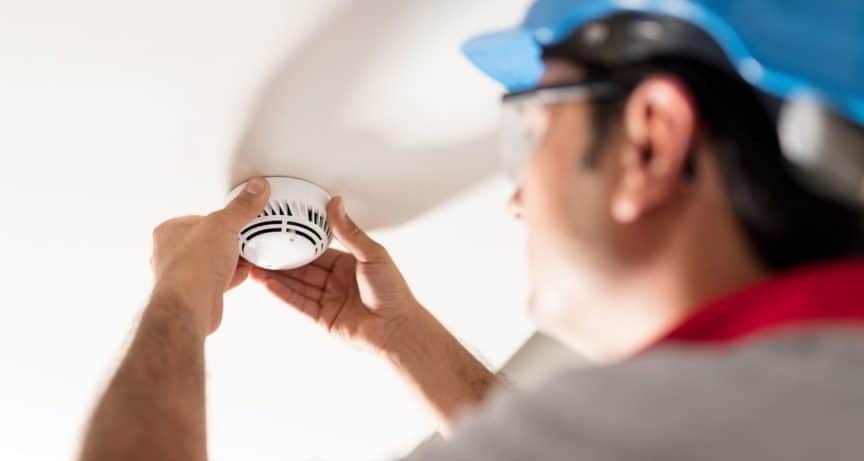- How to Care for Infants With Hearing Loss - April 15, 2024
- Hearing Aid Tips for Runners - April 5, 2024
- Overcoming Misconceptions Around Hearing Aids - March 27, 2024
Hearing loss can affect your personal safety in several ways. At its most severe, total deafness is a severe disability that would likely require assistance from others for many everyday tasks. But even mild or moderate hearing loss can impact your ability to protect yourself from harm.
Not being able to hear essential sounds can mean that you:
- miss alarm sounds and fail to wake up in time for work or appointments.
- Can’t hear emergency sirens or other warning sounds in public places (including roads).
- Can’t hear traffic and could be at risk of injury when crossing the road.
- Can’t hear when someone is entering your home – putting yourself at risk of burglary or assault.
Hearing aids can help amplify and restore the richness of sounds in our lives when we suffer from hearing loss. But that’s not all – here’s how hearing aids and other assistive devices could improve your personal safety.
Hearing aids can prevent falls.
When you’re looking at someone, part of what you’re doing is interpreting where they are in space by the way your brain processes the two images from your two eyes — allowing you to see depth. When one of your ears isn’t functioning correctly, it throws off that ability to process spatial information since it’s based on both sound and vision.
This is why people with hearing loss often have more difficulty navigating spaces. They can often see their surroundings but don’t always have an accurate sense of how far away things are. That can lead to bumps and bruises when they misjudge distances. In some cases, they may even have difficulty finding their car in a parking lot or recognizing something as simple as a doorway.
For this reason, Untreated hearing loss has been linked to a higher likelihood of falls and hospitalizations. According to Dr. Frank Link of Johns Hopkins University and Luigi Ferrucci of the National Institute on Aging, those with 25-decibel hearing loss (defined as mild) were approximately three times more likely to have a history of falling. Each 10-decibel increase in hearing loss raised the risk of falling 1.4 times. A 20-decibel increase in hearing loss over the ‘mild’ grade would triple the risk.
On the plus side, according to Dr. Link, using hearing aids enhances our equilibrium by lessening the effort we put into our cognitive abilities when we can’t hear. We can successfully ensure that we’re on a more solid basis by treating hearing loss.
Use hearing loss-friendly smoke alarms
It may be tough to hear all the alarms and technology around the house during awake hours. We may miss alarms going off in other rooms, such as the oven timer if we don’t wear hearing aids. Depending on one’s hearing loss level, it’s even possible to overlook fire alarms, no matter how loud they are. We won’t miss these vital alarms if we wear hearing aids during the day.
It’s a different story at night. The majority of fatal home fires occur in the small hours of the morning or late at night. Most of us are sleeping at these times, and those who wear hearing aids typically remove them before bed. How can we secure our safety during these early hours if we have hearing loss? Some technologies work in conjunction with “bed shakers” and strobe lights to help you wake up using your other senses.
Explore captioned telephones
The Americans with Disabilities Act has made several services available to persons who suffer from hearing loss. If you have a landline, you may be eligible for assistive telephones, which offer captioning, voice-activation, and emergency voice-dialing.
There are a lot of technologies that are compatible with your hearing aids if you only use your smartphone. You can stream phone calls directly to your hearing aids if you have a wireless smartphone with Bluetooth connectivity.
Regular hearing testing is so important.
Whether you wear hearing aids or have just started to notice changes in your hearing, it’s critical to get an annual hearing test, especially if you’re over 50. Hearing exams can provide you with a lot of information about your hearing ability.
If you have hearing loss, we can start treating it immediately. Hearing loss can be treated with hearing aids, one of the most effective ways to protect your safety. We are here to help!

